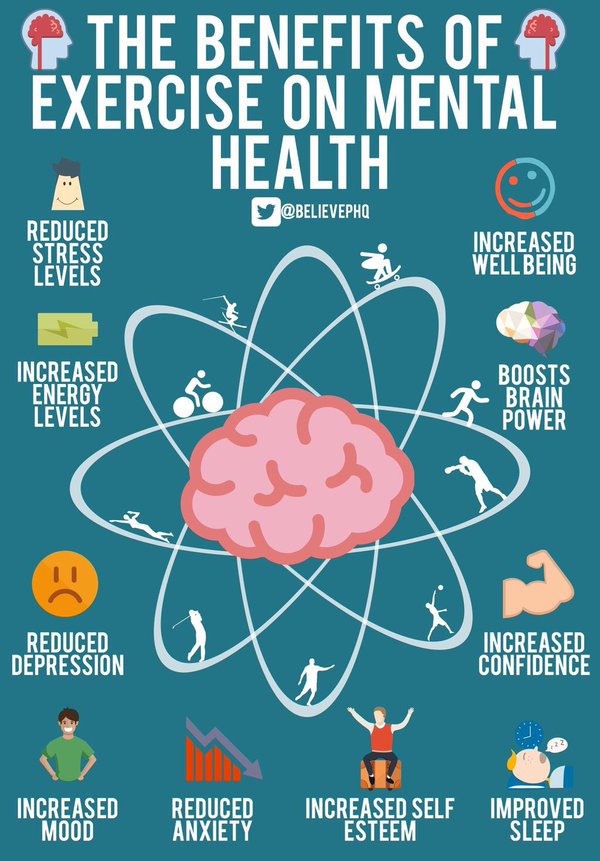Statistics vary, but it is generally regarded that 1 in 4 people experience poor mental health at any one time.
Think about all the people you know. 1 in 4 of them sounds like a lot, right?
That’s because it is.
We all know people can feel low from time to time – particularly after the stressful life events that sometimes come along and knock us sideways. Everyone struggles, sure. But people should just get a grip and crack on, yeah?
Wrong.
There are many underlying reasons why people experience poor mental health, but few of them are truly understood. It is very dangerous to compare one person’s experience with another. We all cope with things differently. We have different upbringings, different experiences, different brains. In the most extreme cases, people feel entirely unable to cope. In the UK, approximately 18 people take their own lives every day.
This is unacceptable.
If you find yourself struggling, or if you know someone who is – you should seek help immediately. In the longer-term, it is important to try and find ways of self-managing your condition.
Running works for me. And to be honest – running works for a lot of people. There are articles galore on the connection between physical exercise and mental health (you can find some suggested links at the bottom of this page) and there are numerous benefits exercise can offer us.
So if you struggle from time to time – perhaps you should consider running?
And don’t tell me that “running isn’t for you” either. Running is for everyone. If you’re not sure how to get started – check out my article on how to Get Into Running.
How fast you run, or how far you run is irrelevant. If you run, you’re a runner. That’s all there is to it.
You see, as well as improving your overall fitness, running also strengthens the mind. It teaches you to keep going. Let’s be fair – running isn’t easy. Walking is much easier. At any point of any run, it is always easier to just stop.
But stopping is a choice.
And giving up is a choice we don’t have to make.
Runner or not: here are some Golden Rules for getting through tough times:
- Get help if you need it.
- Try and force yourself to do the things that used to give you pleasure. You might surprise yourself.
- Remember the thoughts you’re having are not permanent. They will change – as difficult as that might seem to believe right now.
- Talk to people. If it helps, talk to a stranger. Help is out there. Seriously.
- Never apologise for being you. People shouldn’t expect you to change to make their lives easier, and you shouldn’t expect other people to change to make your life easier either.
- If you are not ok – that’s cool. Lots of people aren’t. But being not ok today doesn’t prevent you from being ok tomorrow, or next week. Believe in that.
- Don’t feel ashamed of your issues. They help make you who you are. No matter what you might think – no-one’s perfect. Everyone struggles at some point.
Always remember that your rainbow is comprised of many colours and shades – some light; some dark.

And never forget that everyone’s rainbow is different.
Suggested links:
- Running is good for your mental health – The Guardian [19 Apr 2016]
- Running and Mental Health – The Smart Runner [2 Nov 2016]
- The mental health benefits of running – Women’s Running [19 Jan 2015]
- Mental Benefits of Jogging – Very Well [3 Mar 2016]
- Why Running helps me manage my mental health – Mind [2 Oct 2013]
- Running and our mental health – I Run Far [9 Aug 2013]
- Various podcasts discussing running and/or mental health

